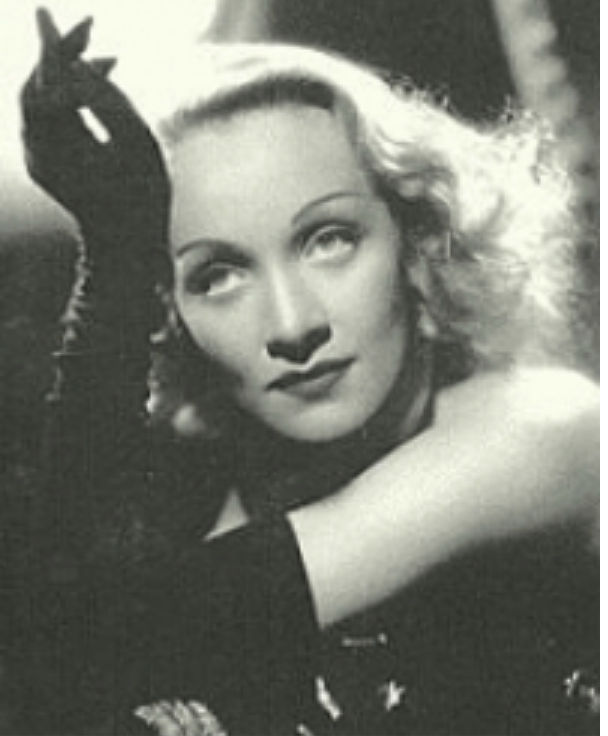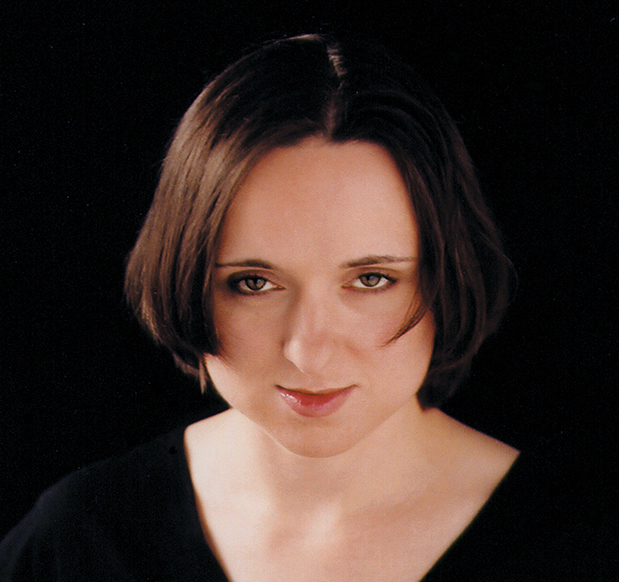December 27
Marlene Dietrich

On this date in 1901, entertainer and actress Marlene Dietrich, née Maria Magdalena Dietrich, was born in Schoneberg, Germany, near Berlin. She became a cabaret singer in the 1920s, worked in silent films, then was typecast as a cabaret singer in the memorable “The Blue Angel” film (1930) directed by Josef von Sternberg. She was invited to Hollywood, where her first role was opposite Gary Cooper in “Morocco” (1930). She played a prostitute in “Shanghai Express” (1932).
For a time, she was Hollywood’s most highly paid actress, although unhappy over the casting. After several failed films, she returned to Europe to work. Dietrich became a U.S. citizen in 1937. Her comeback came in “Destry Rides Again” (1939) with Jimmy Stewart. A noted critic of Nazism, she toured in arduous conditions with the Allies during World War II and was awarded medals by the U.S. and France for her efforts. She worked in nightclubs and Las Vegas and periodically appeared in films, notably “Judgment at Nuremberg” (1961). She made over 50 movies, including silents, during her career.
Dietrich was married only once, to director Rudolf Sieber from 1923-76. She had many affairs in between, often to his knowledge. They had a daughter, Maria, in 1924. As of this writing, Maria Riva was 100 and living in Palm Springs, Calif. Dietrich died of renal failure at age 90 in Paris. (D. 1992)
“I lost my faith during the war and can’t believe they are all up there, flying around or sitting at tables, all those I’ve lost.”
— Dietrich, quoted in "Marlene Dietrich: Life and Legend" by Steven Bach (2011)
Sarah Vowell

On this date in 1969, Sarah Jane Vowell was born in Muskogee, Okla., and moved with her family, which has Cherokee heritage, to Montana when she was 11. She has a fraternal twin sister, Amy. She majored in modern languages and literatures at Montana State University, where she received her B.A. in 1993 and went on to earn an M.A. in art history at the School of the Art Institute of Chicago. Vowell is the author of seven nonfiction books (as of this writing in 2019) as well as an essayist whose work has been published in The New York Times, Esquire, McSweeney’s and elsewhere.
Vowell has been a frequent contributor to public radio’s “This American Life” since 1996, the show’s first year. She voiced the character Violet in the film “The Incredibles” (2004).
Her books examine American history and the history of religion in America through a combination of road-trip memoir and insightful historical content. Assassination Vacation (2005) detailed presidential assassinations and 19th-century American history, including cults and quasi-religious themes. The Wordy Shipmates (2008) told the story of the Puritan settlement of Massachusetts and touched on the true origins of the idea of religious freedom in America as propounded by Roger Williams, the founder of Rhode Island exiled from Massachusetts Bay for his refusal to adhere to church doctrine.
Unfamiliar Fishes (2011) told the story of the loss of the traditional Hawaiian religion and inhabitants’ conversion to Christianity by missionaries from New England, along with the eventual U.S. conquest instigated by the first missionaries’ descendants in 1895. Lafayette in the Somewhat United States (2015) is an account of the Marquis de Lafayette, the young French aristocrat who became George Washington’s trusted officer and friend and an American celebrity.
She was asked in 2002 by The Onion AV Club “Is There a God?” She answered, “Absolutely not.” In a 2008 New York Times op-ed, she wrote, “I have become just another citizen whose only religion is the freedom of religion and as such I patrol the wall of separation between church and state like some jumpy East German guarding Checkpoint Charlie back before Ronald Reagan single-handedly tore it down.”
Vowell has never married or had children. She is on the advisory board of 826NYC, a nonprofit tutoring and writing center for students aged 6–18 in Brooklyn, N.Y.
PHOTO: By Bennett Miller
“Because I am a culturally Christian atheist the same way my atheist Reform friends are culturally Jewish, I look forward to Martin Luther King's Birthday — when the news momentarily replaces the rants of the faith-based spitfires with clips of what an actually Christlike Christian sounds like.”
— Vowell op-ed, New York Times (Jan. 21, 2008)
